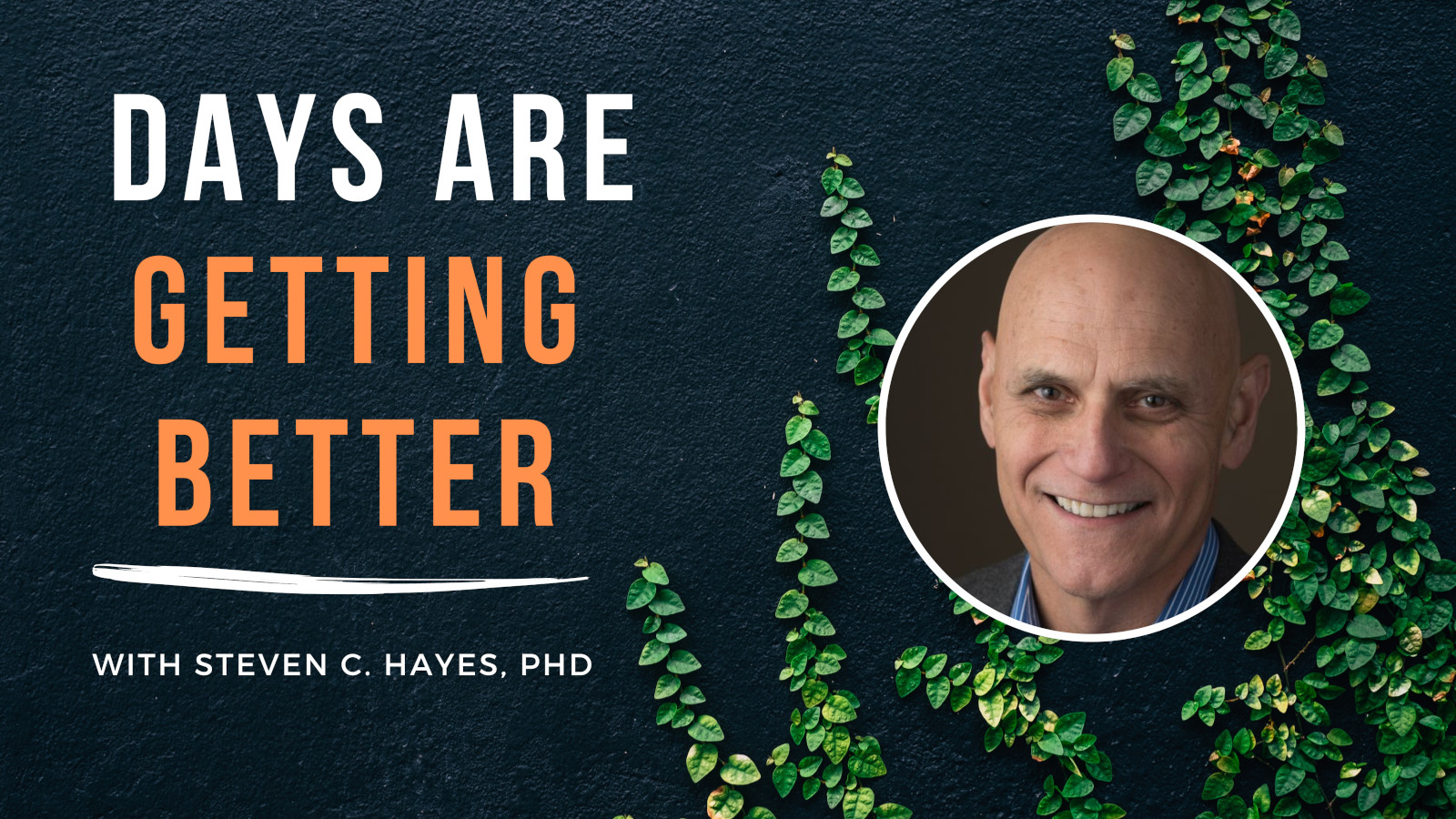A key element in Acceptance and Commitment Therapy (or ACT) is helping people get in touch with their core values. After all, if a person knows what matters most to them, they are more likely to take life-enhancing actions. For instance, it’s easier to kick a bad heroin habit when it’s in the service of providing for a five year old son.
Finding meaning in something bigger than themselves can do wondrous things for a person’s well-being. But what if you doubt your own values? What if what matters to you might actually harm yourself or other people? What if you have “bad” values?
How To Choose “Good” Values
It is important to note that values are “free” choices. They are not pre-assigned virtues from a list of “good things”, but represent a free choice about what you – and only you – care about.
The word “free” sounds as though such choices have nothing to do with your history but I don’t mean it that way. I presume that when sitting on Mt. Olympus “now” has something to do with what was.
What I mean by a “free choice” is one that is made by the whole of you, and is not avoidant or compliant. It’s not about what your friends, family, and neighbors say you “should” value. Nor is it from that nagging part of your mind that commands you to choose holier-than-thou values. It’s not about preserving a certain self-image (for yourself or others), nor is it about escaping what you don’t want, or setting empty guidelines without intending to act by them.
Free chosen values are not a means to an end. They are chosen because they matter to you.
“But what if I’m a psychopath?” asks the mind. “What if what I care about will harm other people?”
“Are you telling me you intend to live in fear forever?” comes the reply. “And by the way, do you think psychopaths are the ones worried about being psychopaths?”
In the past, I’ve worked with rapists and murderers (my book Get Out of Your Mind and Into Your Life was originally written for prisoners). And if you dig down deep enough to prisoner’s values choices, virtually always you will find values you and I could relate to. You will find values related to caring, connection, and contribution.
Instead of concerning yourself with whether your values are “good enough” or “bad”, I recommend to work on being your whole self. Your values will always be perfect in the original Latin sense of that word (pre = thoroughly; fect = made). Your whole self and your values are literally beyond e-value-ation. Keep faith with yourself (in the original Latin sense of that word too: fatih (fr L “fides” or “fidelity”) even if your mind tantrums about how you cannot do it because of this, that, and this, and that….
Your mind might give you plenty of reasons why your self-chosen values are “not good enough”. But what if even that is okay? What if it’s OK to be whole and free and it’s OK to live a values based life even with your mental self-criticism? And what if that is up to you?
“But what if I make a mistake?” asks the mind. “What if I wander from my core values?”
“Oh you WILL do that” comes the reply. “Learning how to catch that fast and to correct it is what life is all about.”
“But what if there is not enough love in the world even then?” asks the mind. “Will there be?”
“I dunno” comes the reply. “But let’s find out”







